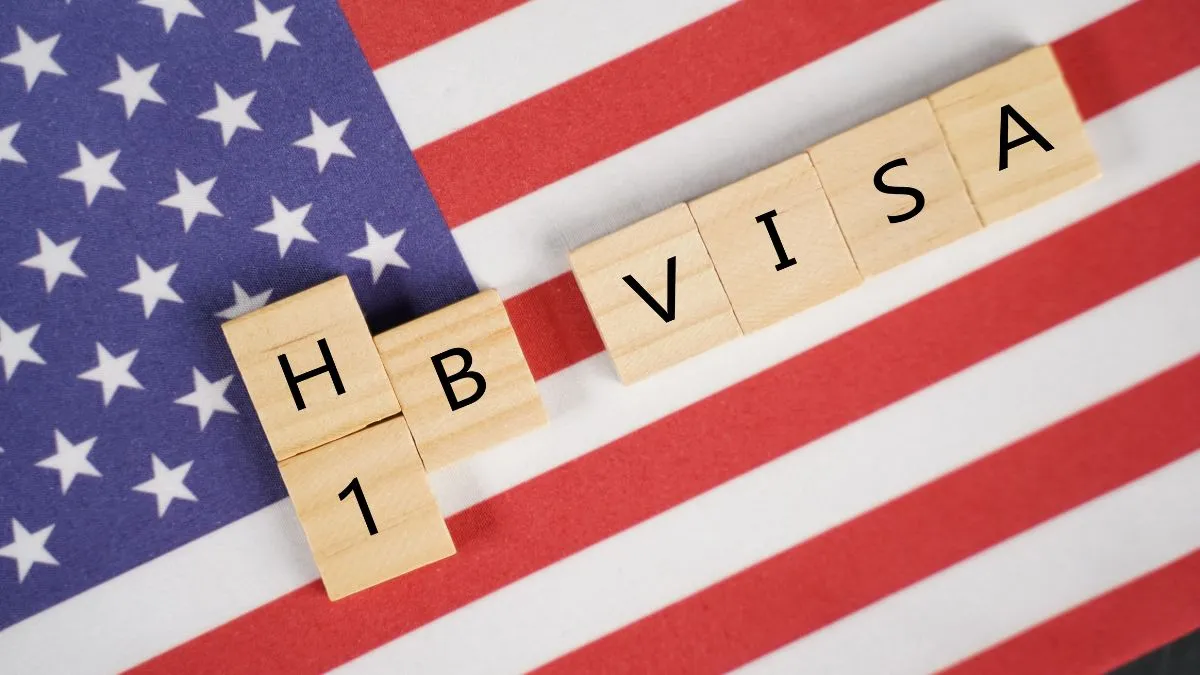- By Shivangi Sharma
- Thu, 03 Apr 2025 05:21 PM (IST)
- Source:JND
The US Citizenship and Immigration Services (USCIS) has officially completed the H-1B visa lottery selection process for Fiscal Year (FY) 2026, marking a crucial milestone for thousands of foreign professionals hoping to work in the United States. Announced on March 31, 2025, USCIS confirmed that it received sufficient electronic registrations during the initial period—March 7 to March 24, 2025—to meet the annual cap of 85,000 visas, including 65,000 under the regular cap and an additional 20,000 for those with advanced degrees from US institutions.
For those who were not selected in the lottery, there are still several alternative pathways to work in the US. Here are five potential options:
1. Employment-Based Green Card
Applying for an employment-based green card can be a viable alternative to the H-1B visa. You can start this process during your Optional Practical Training (OPT) period or even while still studying. Employers can sponsor skilled workers under various preference categories, allowing them to work and eventually gain permanent residency in the US.
2. Cap-Exempt H-1B Visa
Some organisations, such as educational institutions, nonprofit research organisations, and government research institutions, are exempt from the H-1B cap. This means that foreign professionals can apply for H-1B visas through these employers without going through the lottery process. Additionally, nonprofit employees can apply for a Concurrent H-1B to work for other for-profit employers.
3. O-1 Visa for Extraordinary Ability
For individuals with extraordinary ability in fields such as science, education, business, or the arts, the O-1 visa is a strong alternative. Unlike the H-1B, this visa is not subject to an annual cap and can be extended indefinitely, as long as the individual continues to work in their field of expertise.
4. Trainee Visas (J-1, H-3)
Trainee visas such as J-1 and H-3 allow individuals to work in the US as part of a structured training program. These visas are designed for foreign professionals seeking on-the-job training in their respective fields and can be a stepping stone to other work visas or permanent employment.
5. Spousal Work Authorisation
If your spouse holds a visa such as L-1, E-1, E-2, or J-1, you may be eligible for work authorisation. Additionally, spouses of H-1B visa holders with an approved I-140 petition or an H-1B extension beyond six years may qualify for employment authorisation, allowing them to work in the US legally.
